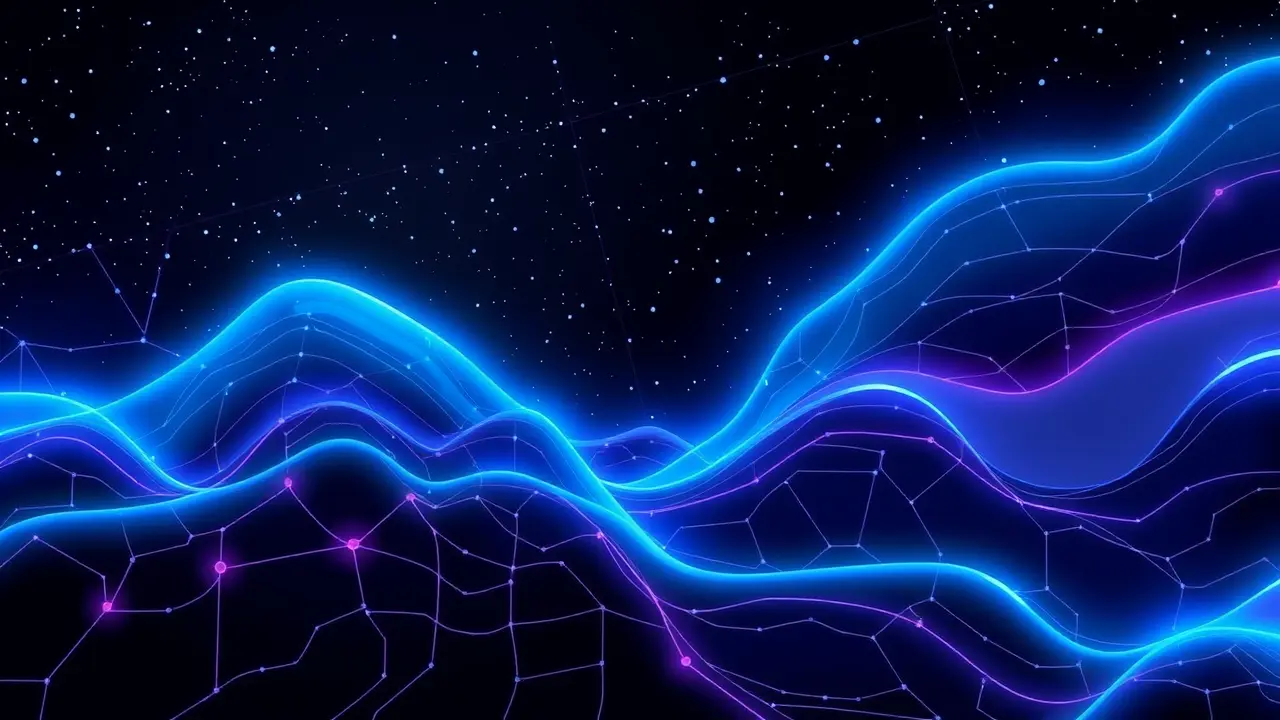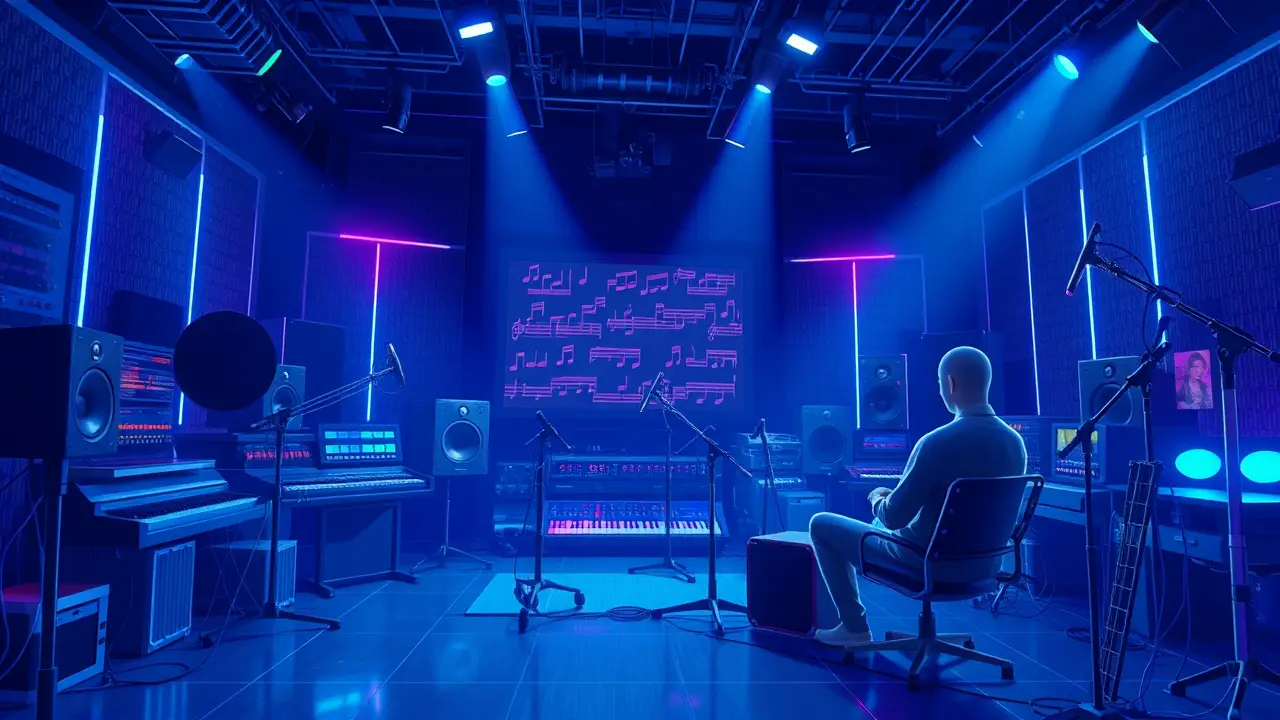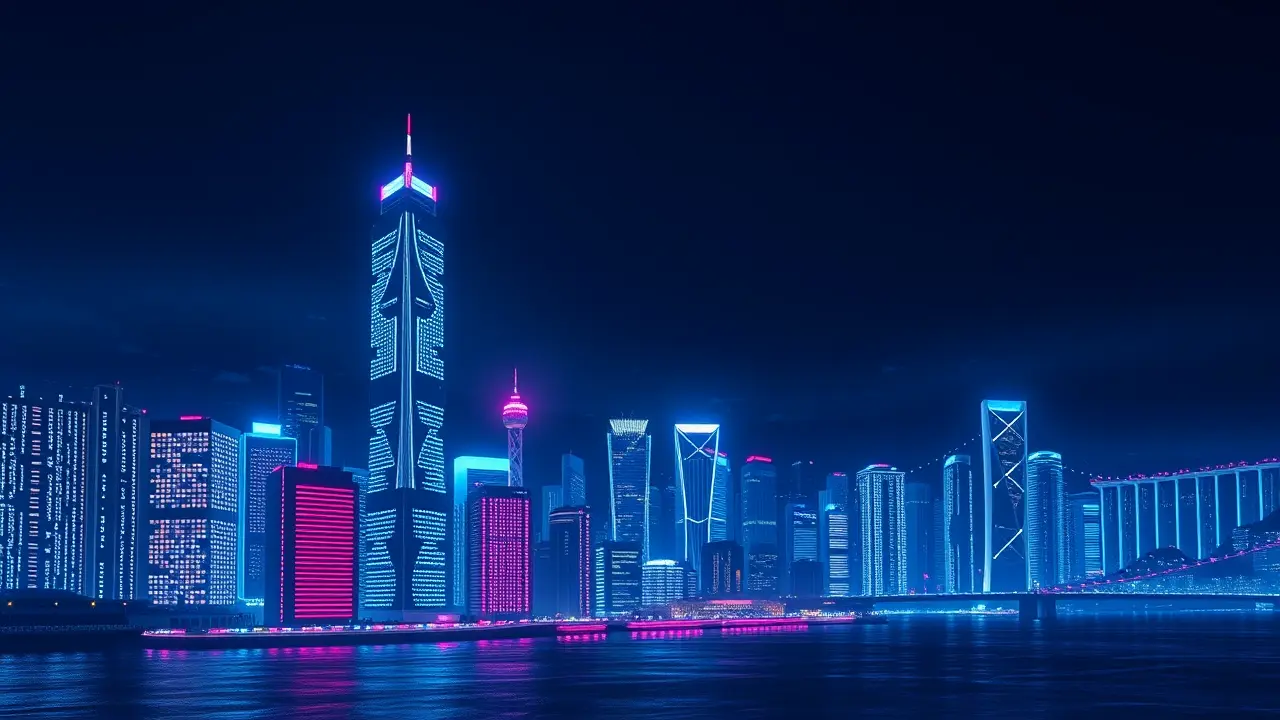
AIgenerative aiEthics and Copyright Issues
Japanese Publishers Demand OpenAI Stop AI Training on Their Work
MI
Michael Ross
1 day ago7 min read1 comments
The recent demand by a consortium of Japanese publishers for OpenAI to cease training its artificial intelligence models on their copyrighted work represents far more than a simple corporate dispute; it is the latest and perhaps most significant skirmish in a global battle over the soul of the digital future, a conflict that pits the voracious data appetite of AI against the foundational principles of intellectual property. This isn't an isolated incident but part of a rapidly expanding pattern, from The New York Times' landmark lawsuit to the grumblings of authors and artists worldwide, all asking the same fundamental question: does the promise of artificial general intelligence grant tech companies a carte blanche to ingest the entire corpus of human creativity without consent or compensation? OpenAI’s reported modus operandi—to ask for forgiveness rather than permission—feels like a page straight out of the Silicon Valley playbook of ‘move fast and break things,’ but the things being broken here are the very economic and legal structures that have incentivized and protected creative endeavor for centuries.The Japanese stance is particularly poignant, given the nation's massive cultural export in manga, anime, and literature, which are undoubtedly a rich trove for any AI seeking to understand narrative and visual style. The core ethical dilemma, one that Isaac Asimov himself might have relished, revolves around the concept of ‘fair use’ and whether the transformative nature of AI training qualifies or if it’s merely a sophisticated form of systematic piracy.On one side of the debate, AI developers argue that training on publicly available data is essential for progress, that the outputs are transformative and not direct copies, and that stifling this process with onerous licensing would hamstring innovation and concentrate power in the hands of a few legacy content owners. The counter-argument, fiercely championed by the publishers, is that this constitutes uncompensated labor on a colossal scale, a wholesale scraping of value that could decimate creative industries by creating machines that can endlessly regurgitate and mimic their style without ever paying a royalty.The potential consequences are staggering: we could be heading toward a future where the market for human-generated prose and art shrinks dramatically, or we might see the emergence of a two-tier system where ‘authentic’ human work becomes a luxury good. Furthermore, this conflict forces a long-overdue conversation about global governance for AI.Japan, a technological powerhouse with strong cultural protections, is now positioned as a critical test case. Will its government side with its domestic creative sector or with the allure of cutting-edge AI development? The outcome could set a precedent that ripples through the European Union, with its stringent GDPR and digital copyright directives, and the United States, where the courts are still wrestling with these novel legal questions.Expert commentary is sharply divided. Some legal scholars point to precedents in search engine and image search technology as a defense for AI training, while copyright specialists highlight the non-consumptive nature of the use, arguing it doesn't replace the original work.Meanwhile, ethicists warn of a ‘tragedy of the commons,’ where the unlicensed consumption of creative works ultimately depletes the pool of quality content that future AIs would need to learn from. The path forward is murky but likely involves some form of collective licensing regime, perhaps similar to the music industry's ASCAP or BMI, where AI companies pay into a pool that is distributed to rights holders based on usage.Another possibility is the rise of ‘walled gardens,’ where AI models are trained exclusively on licensed or synthetic data, potentially creating a qualitative divide between open and closed models. This Japanese publisher demand is not the end of the story; it is a clarion call for a new social contract for the AI age, one that balances the breathtaking potential of machine intelligence with the fundamental right of creators to own and benefit from their work. The resolution will define not just the future of AI, but the future of human culture itself.
#OpenAI
#Studio Ghibli
#copyright
#training data
#AI regulation
#featured
Stay Informed. Act Smarter.
Get weekly highlights, major headlines, and expert insights — then put your knowledge to work in our live prediction markets.
Related News
© 2025 Outpoll Service LTD. All rights reserved.



